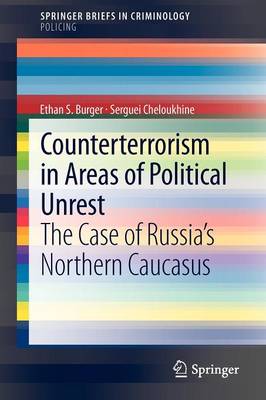Political transitions often create new law enforcement challenges. This Brief provides an examination of such special law enforcement challenges in the Northern Caucasas, both due to the unique structure of the crime groups that are active in the region, and to the unique social and political environment in which they operate.
In 2002, Russian President Vladamir Putin declared the end of the war in Chechnya. In 2006, he announced the insurgency was defeated. Yet today, Russia maintains a significant Internal Police presence in the Northern Caucasus to contain approximately 700 insurgents at a cost estimated to be more than the equivalent of $1 billion per year. Russian law enforcement, armed forces, and their local proxies are fighting irregular forces that operate in a manner akin to organized crime groups or terrorist cells. These groups have formed flexible networks which can sustain heavy losses, including the “decapitation” of their leaders, only to reconstitute themselves ready to fight another day.
Beginning with a historical overview of the police and military structures in the region, this Brief provides a case study into the origins, structures, and unique strategies for counter-terrorism policing in these complex conditions. It also provides recommendations for the future, and a framework for understanding similar cases of terrorist operations in areas of political unrest, an increasing global threat.
- ISBN13 9781461451396
- Publish Date 6 September 2012
- Publish Status Active
- Publish Country US
- Imprint Springer-Verlag New York Inc.
- Edition 2013 ed.
- Format Paperback
- Pages 61
- Language English
